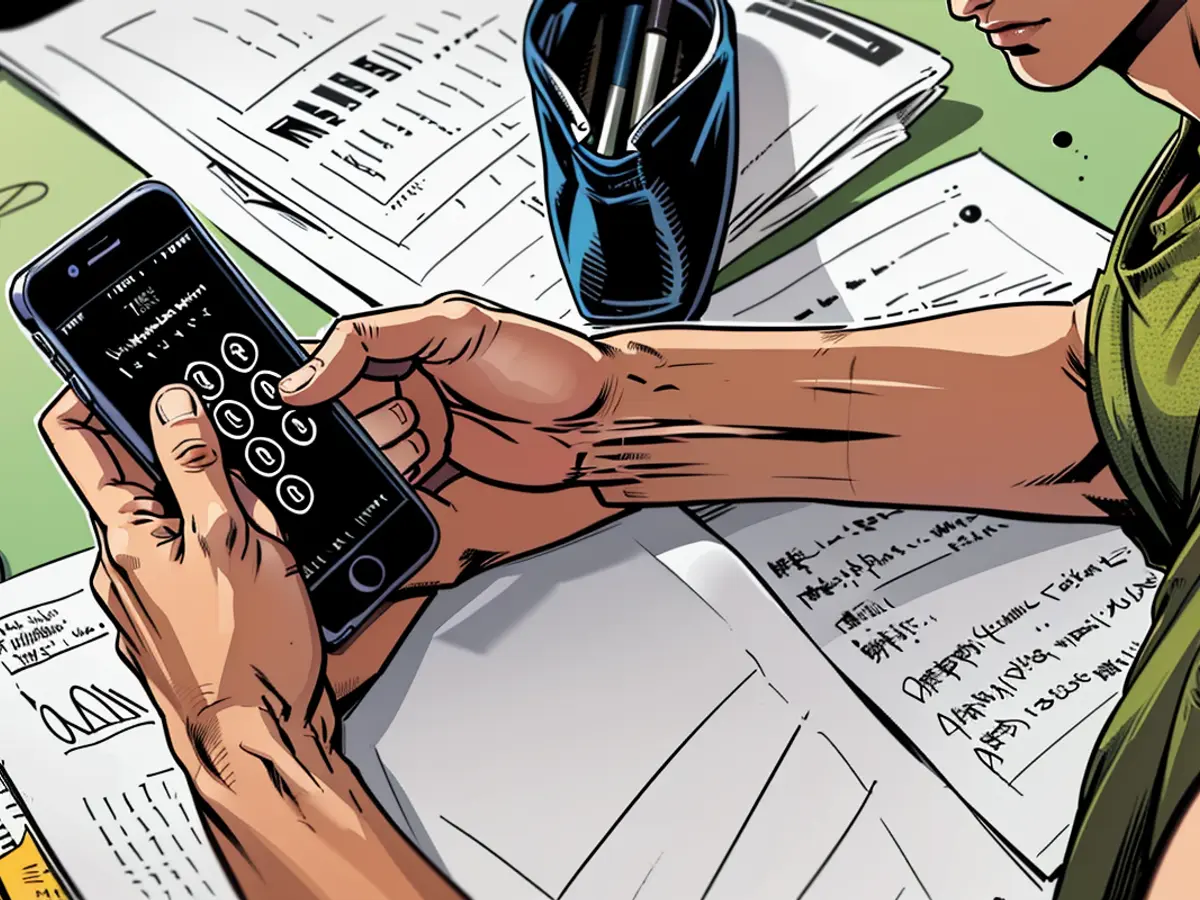- Implementation of Phone Prohibition in Dutch Educational Institutions Commences
Starting from this week, mobile devices are not permitted in Dutch classrooms during lesson times. This restriction, initially imposed on secondary schools at the start of the year, has now been expanded to include primary schools, due to a mandate issued by the Ministry of Education in The Hague. The reason for this prohibition is that mobile phones are considered distractors, negatively affecting focus and learning performance in students.
However, mobile phones can still be utilized in class if they serve a functional purpose, like in digital literacy lessons. Additionally, exemptions are granted to students with medical conditions or disabilities who might require their devices.
Schools have the liberty to execute this mobile phone ban in a manner that best suits their environment.
Notably, schools where this mobile phone ban extends to the break times report improved social interactions among pupils. According to researcher Loes Pouwels from Radboud University in Nijmegen, the absence of phones leads to more frequent face-to-face conversations between students during breaks.
This mobile phone ban in schools has generated debate in the Dutch community. While some education officials and school principals argue for local regulations, others believe that a nationwide policy would be more effective. Furthermore, some parents express concern about primary school students owning smartphones due to the addictive nature of social media.
Similarly, Greece and Italy have also applied this ban in their schools, while Germany is considering implementing such a measure. Notably, the Organisation for Economic Co-operation and Development (OECD) suggests responsible mobile phone usage in school education.
The Ministry of Education in The Hague issued a mandate for the expansion of the mobile phone ban, which originally affected secondary schools, to include primary schools as well. The Ministry of Culture could potentially support this initiative by advocating for educational programs that encourage alternative forms of entertainment during break times.






